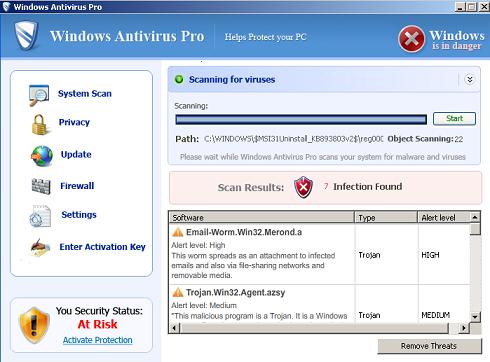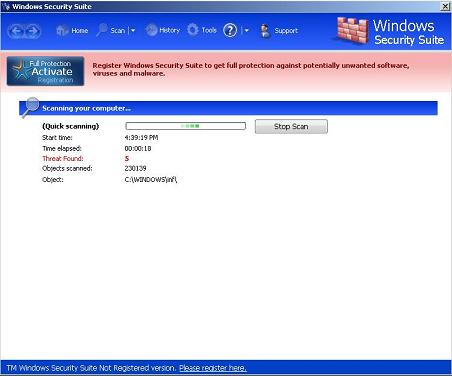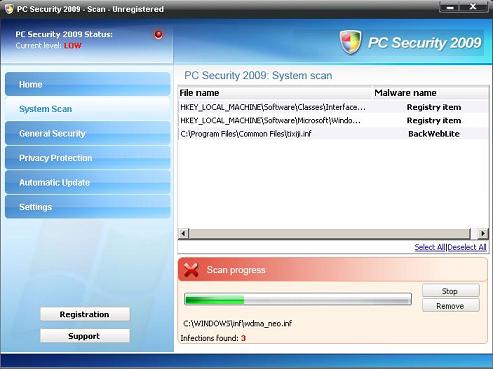We’ve been updating you from time to time with bits of news about our upcoming new version of Ad-Aware. Now that the Ad-Aware launch is only weeks away, we would like to take a minute to make sure that you’re all aware of the upcoming launch and the added security it will bring.
We have another update for all of you beta testers and users alike who are interested in learning more about how to get involved in our new community-driven initiatives that go hand in hand with the upcoming Ad-Aware release –
We're happy to announce that our website has grown even more internationally-minded this week… and now speaks Japanese. Check out our newly launched Japanese site at www.lavasoft.jp.
That’s an important question when it comes to giving out your personal information online.
Security concerns relating to Twitter have been buzzing through the news lately. Take, for example, the spam issues related to URL shortening services and the resurgence of the Koobface worm.
You’ve probably seen some of the many bits and bites picked up in the news this month on Microsoft security vulnerabilities...Trying to make sense of it all?
Home computer users have to contend with a variety of threats that attempt to upstage their privacy and security each and every time they use the Internet. For organizations, the stakes are even higher: undetected malware on business computers can lead to theft of customers' confidential data, network corruption, and considerable financial damage due to lost working time.
This new rogue, WindowsSecuritySuite, is a clone of previously reported rogues such as VirusMelt, VirusAlarmPro and FastAntiVirus (to name a few).
If you follow this blog, you know all about rogues and scareware on the Web, how these scam products are proliferating at a rapid rate, fooling users into buying software that offers little or no security against the real threats that abound online.
Not too long ago, one of our Lavasoft Malware Labs analysts gave an update on the rise of thievery in online games. As more and more computers users turn to their PCs for online entertainment, including games and role-playing in virtual worlds, fraudsters are finding new ways to cash in on this booming industry.








